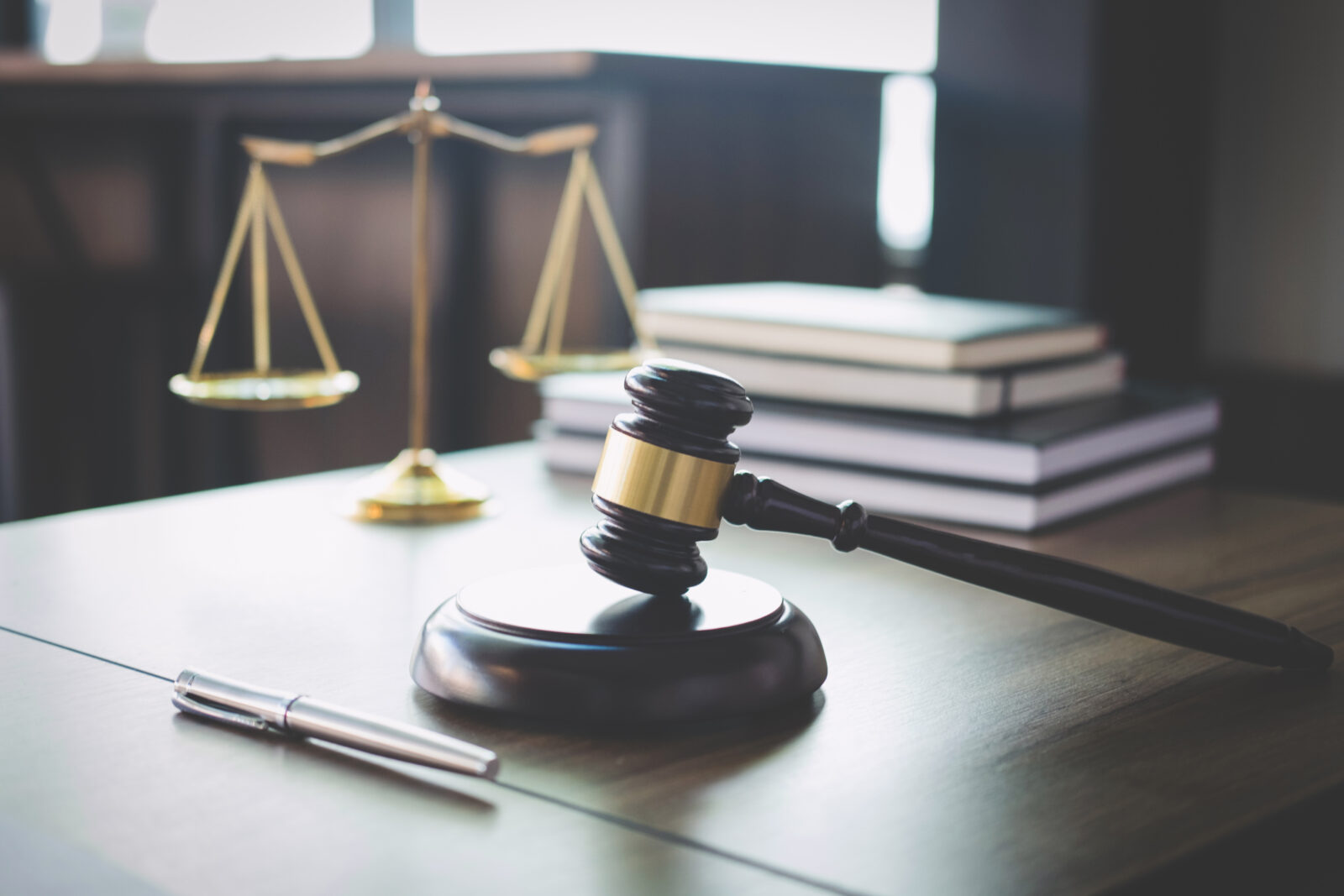“I think we stand at the threshold of an exciting moment in our republic,” Leo told the council at a closed-door meeting in February, audio of which was obtained by the Post. “This is really, I think, at least in recent memory, a newfound embrace of limited constitutional government in our country. I don’t think this has really happened since probably before the New Deal.”
The average American doesn’t know who Leo is, but as the Post piece makes clear, he‘s one of the most influential lawyers in the country. A longtime leader within the Federalist Society, Leo has had Donald Trump’s ear on judicial appointments and has been the main curator of the president’s list of Supreme Court candidates. Two of Leo’s personal picks, Brett Kavanaugh and Neil Gorsuch, have been elevated to the highest court in the country since Trump’s election. So when Leonard Leo says he wants to return to a pre–New Deal Constitution, you should listen. And you should be alarmed.
As Leo knows, constitutional law was very different in the 1930s from what it is today. And in a word, it sucked.
In the 1930s, the courts were fully complicit in maintaining the country as a thoroughgoing ethnocracy, governed openly for the benefit of white men. Public schools in 21 states were racially segregated by law. “Separate but equal” schools had been affirmed by the Supreme Court as late as 1927, in a unanimous decision allowing Mississippi to kick a Chinese American girl out of her local “white” school for being a member of the “yellow” race. The outlawing of segregation is settled law in our country, and nobody would dare dream of returning to those antiquated judicial interpretations, you might say? Several of Trump’s judicial nominees have conspicuously, outrageously, refused to say whether they thought Brown v. Board of Education, which ended legal school segregation in 1954, was correctly decided.
Leo believes that the court’s view of the Constitution was better off 85 years ago than it is today.
In the 1930s, through a combination of discriminatory literacy tests, poll taxes, “good character” requirements, and straight-up violence, less than 1 percent of black people in the Deep South—where they represented more than a third of the population—were registered to vote. The Supreme Court had blessed these intimidation practices for decades, ever since a 1903 decision in which the court said it couldn’t do anything about Alabama’s self-described effort “to establish white supremacy in this state” by refusing to register black voters. Discriminatory voting practices of this sort weren’t banned until the 1965 Voting Rights Act, the most significant provision of which was gutted six years ago in an opinion by Chief Justice John Roberts (whom Leo also helped elevate to the court).
In the 1930s, women had no constitutional right to equality. They could legally be kept off juries, given different work hours, paid less money, and imprisoned for using birth control. It would be another four decades before the Supreme Court struck down even a single law for discriminating against women. Kavanaugh and Gorsuch—again, both products of Leo’s vetting—recently dissented from the court’s temporary blocking of a Louisiana law that would have left the entire state with just a single doctor able to perform abortions.
In the first half of the 20th century, the police could beat confessions out of arrestees. Poor defendants had no right to a lawyer. Evidence could be illegally seized and used in prosecutions. In 1944, for example, South Carolina executed a 14-year-old black boy named George Stinney for the murders of two white girls. He was questioned alone, without his parents or a lawyer present, and convicted by an all-white jury after a two-hour trial and 10 minutes of deliberation. He wasn’t allowed to appeal. He had to sit on books to fit into the headpiece of the electric chair. Only in 2014, 70 years too late, did a circuit court judge vacate the 14-year-old Stinney’s murder conviction. The Stinney case tells you all you need to know about criminal justice in the age Leo wants to bring back.
The 1930s was of course the decade of the Great Depression, when unemployment hit 25 percent and most Americans lived in poverty. The post–New Deal court decisions Leo wishes to repudiate are the ones that gave the government the power to enact minimum wage laws, to create unemployment insurance and Social Security, to provide health insurance to the aged and destitute, and to give workers collective bargaining rights. In the 1930s, those too old to work and too poor not to could often expect a quick but painful death. This is the human toll of “limited government.”
If we’re looking for Reagan’s shining city upon a hill, we won’t find it in America’s now-distant past. Not most of us, anyway. And if it’s what Leo is promising us, we can only hope it’s not in America’s future.





